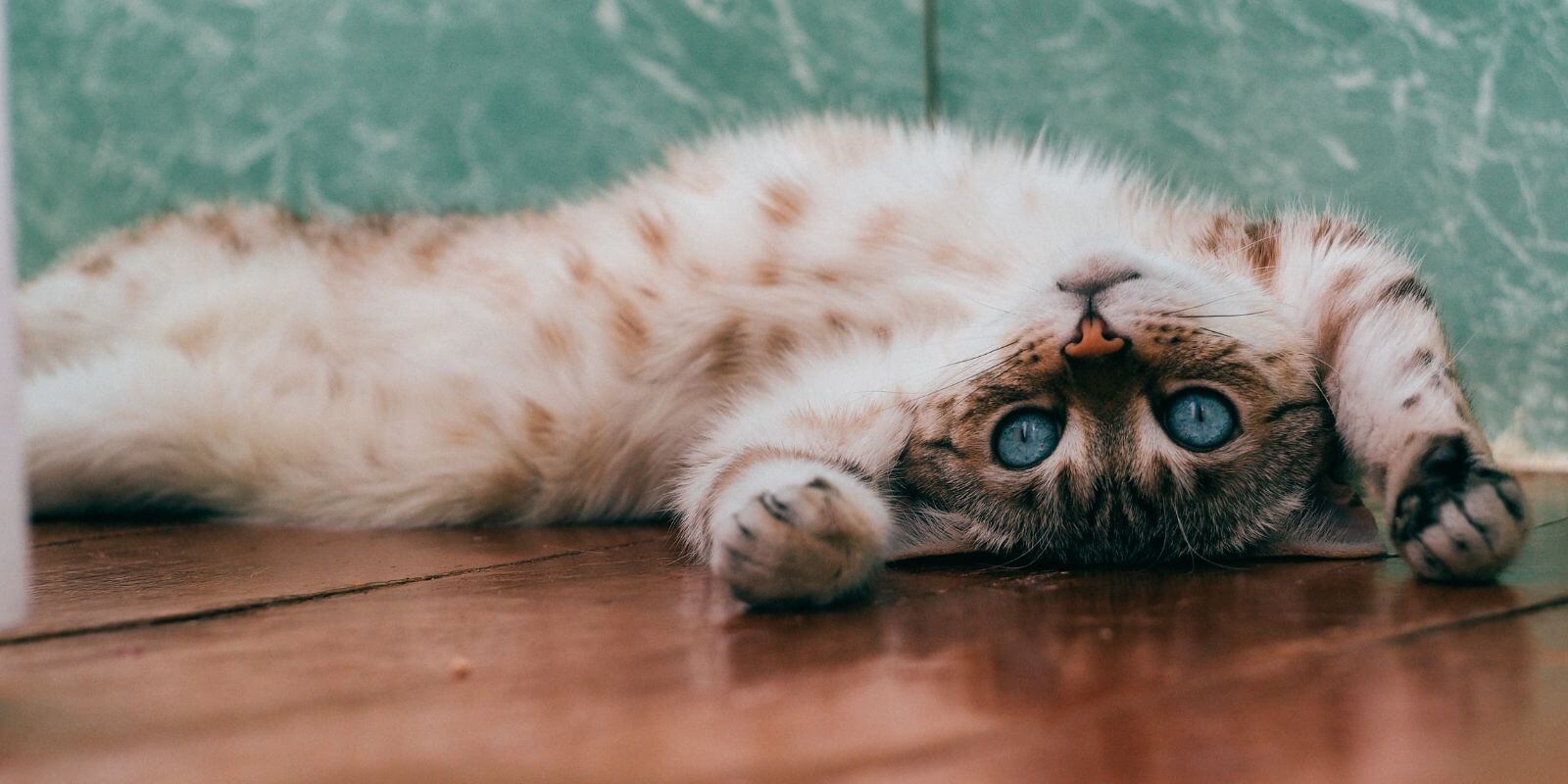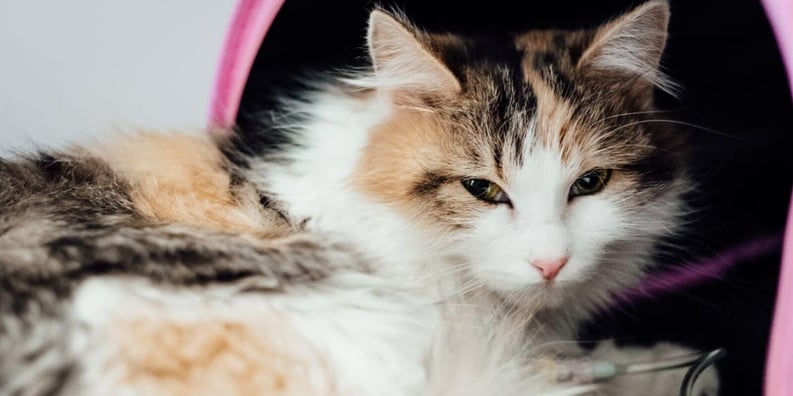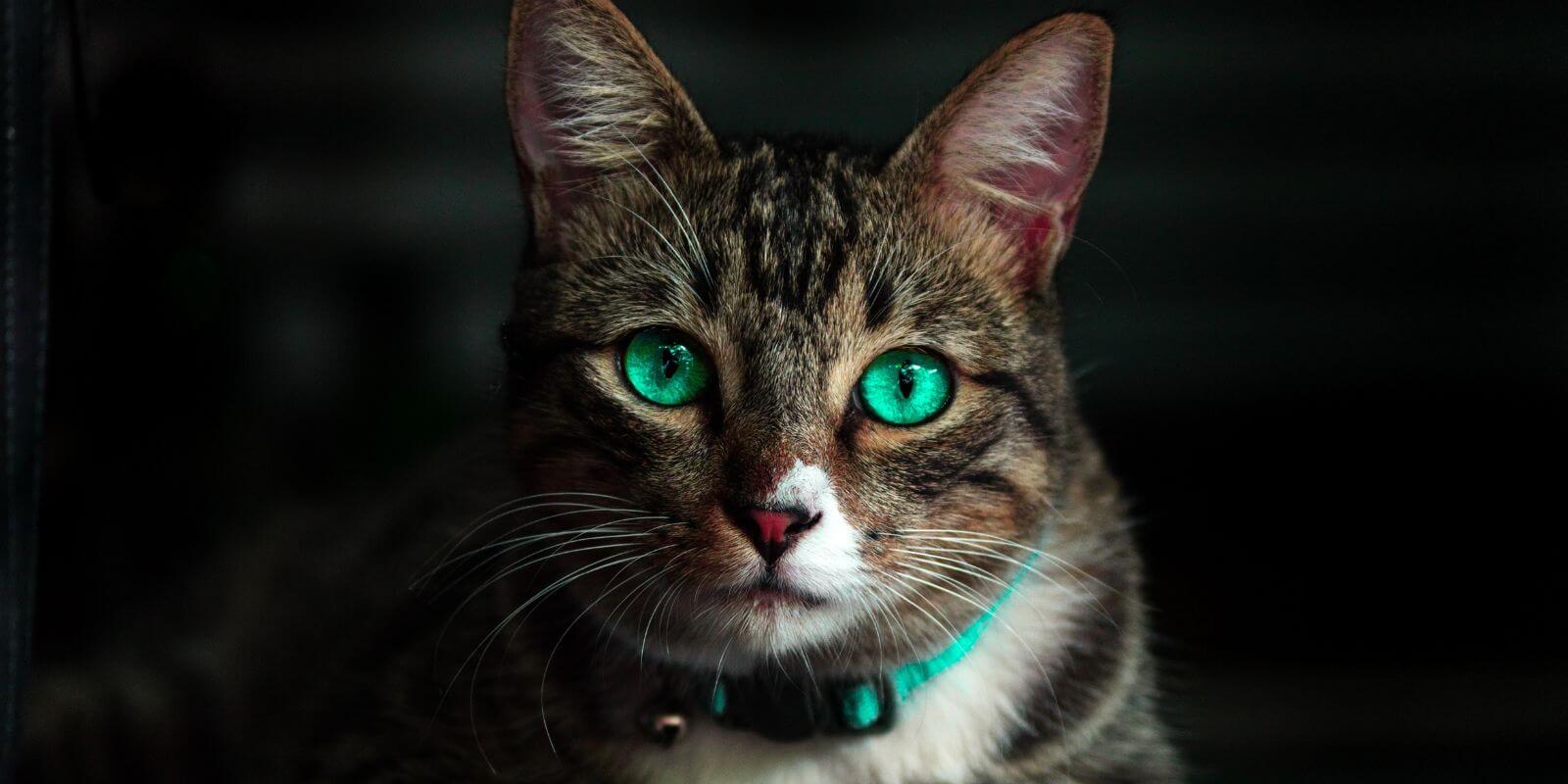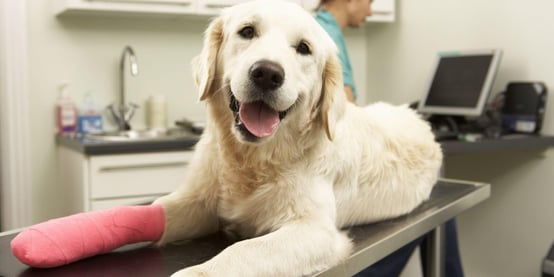Cat ownership unlocks a whole new world of companionship, cuddles, and entertainment. Your cat isn’t just your furry best friend – they’re family.
And with that, you do your best to provide high-quality care for your pet. From healthy food and fun toys, to keeping up with vaccinations and vet visits, you know that cat ownership comes with a lot of responsibility as well.
So when your veterinarian recommends surgery as a treatment for an illness or injury, this can feel quite overwhelming. Will your cat be okay? How long is the recovery? What about the cost?
Before falling down the worry rabbit hole, it’s important to know that there is a ton of information to help put your mind at ease. From understanding common cat surgeries to planning for the costs, this guide will help you feel prepared while providing the best treatment for your cat.
Why Might My Cat Need Surgery?
 There are many conditions and ailments for which surgery may be the recommended treatment.
There are many conditions and ailments for which surgery may be the recommended treatment.
Now, not all of these situations require surgery, but a veterinarian may make a recommendation for surgery depending on the severity of the condition and your cat’s specific health status. It’s always advised that you talk to a trusted veterinarian to discuss the right course of treatment for your cat.
Some common reasons for cat surgery include:
- Spaying or neutering
- Severe injury
- Tumour removal
- Dental issues (such as periodontal disease or fractured teeth)
- Foreign objects (if consumed)
- Urinary obstruction
- Gastrointestinal obstruction
- Orthopedic issues
- Caesarean section (C-section)
- Eye problems (such as glaucoma, cataracts, or eyelid abnormalities)
- Ear problems
- Bladder stones
- Spinal issues
- Birth defects
- Lacerations or deep cuts
There may be other conditions or injuries that warrant surgery. Defer to your veterinarian when deciding if surgery is recommended for your pet.
How to Know If/When Your Cat Needs Surgery
Determining if your cat needs surgery is always a decision best made by a qualified veterinarian. However, there are several signs that might indicate the need for surgery.
If you observe any of the following signs or circumstances in your cat, it's important to consult with a veterinarian for a proper diagnosis and to discuss treatment options:
- Injury: If your cat has sustained a severe injury, such as a broken bone, deep laceration, or puncture wound, it may require surgical repair.
- Persistent pain: If your cat is experiencing ongoing pain that doesn't respond to other treatments, surgery may be necessary.
- Tumours: If you notice any abnormal growths or lumps on your cat's body, especially if they are rapidly growing, firm, or ulcerated, these may need surgical evaluation and potential removal.
- Ingested foreign objects: If you suspect your cat has ingested a foreign object, like a string, toy, or other non-food item, and it doesn't pass naturally, it may require surgical removal.
- Chronic dental issues: Cats with severe dental problems, such as abscesses, fractured teeth, or advanced periodontal disease, may require dental surgery.
- Breathing problems: Some cats with specific upper airway disorders, like brachycephalic syndrome in flat-faced breeds, may benefit from surgical correction.
- Reproductive issues: If your cat is pregnant and unable to give birth naturally or if there are complications during birth, surgery may be required.
- Neurological conditions: Certain neurological issues may require surgical intervention for diagnosis and treatment.
If you notice any unusual symptoms or behaviours in your cat, such as limping, difficulty eating, breathing problems, or signs of pain, contact your veterinarian right away.
Your veterinarian will conduct a thorough examination, potentially order diagnostic tests, and recommend surgical options if necessary. Early intervention can often improve the outcome of surgical procedures, so don't delay in seeking professional advice if you suspect your cat needs surgery.
Most Common Surgeries for Cats
1. Spay/neuter
This is by far the most common cat surgical procedure. Spaying involves the removal of the ovaries and uterus in females, while neutering involves the removal of the testicles in males. This is done to prevent reproduction and to support population control.
Spaying and neutering are very simple procedures and are not too expensive. Nearly anyone who has a cat will tell you it is worth it to pay to have your cat fixed, as it can help resolve temperament issues and prevent unwanted cat pregnancy.
Cost: $75-$400 CAD
2. Dental surgery
Dental issues like tooth extractions and treatment for periodontal disease are common in cats, especially as they age. Dental surgery is often necessary when other dental treatments, such as dental cleanings or medications, cannot adequately resolve the issue.
Dental surgeries in cats typically require general anesthesia to ensure the safety and comfort of the cat during the procedure. This allows the veterinarian to perform the surgery without causing stress or discomfort to the cat. After dental surgery, your cat may require pain management, antibiotics to prevent infection, and soft or moist food to aid in recovery.
Cost: $680-$2,040 CAD (prices converted from USD)
3. Mass or tumour removal
While the incidence of cancer and tumours in cats is often much lower than in large-breed dogs, cats can sometimes also get growths that need to be removed. These might be benign or they could be cancerous, but often your vet will suggest that these growths be removed so that your cat will be more comfortable.
Aftercare related to a possible cancer diagnosis can be determined after your cat has had time to recover from its tumour removal surgery. Cats often do quite well after these kinds of surgeries, and you will find that your cat will probably bounce right back from their tumour surgery unless it is an extensive procedure.
Cost: $715+ CAD (prices converted from USD)
4. Gastrointestinal surgery
Our curious cats sometimes get into things they shouldn’t… and eat things they shouldn’t. This can lead to gastrointestinal issues which, in some cases, require surgery to resolve.
Cats may require surgery for conditions such as foreign body obstructions, intestinal blockages, or the removal of polyps or diseased sections of the intestine. Gastrointestinal surgery is often necessary when medical management or less invasive treatments have proven ineffective.
Cost: $1,089-$8,200+ CAD (prices converted from USD)
5. Bladder surgery
Cats can develop urinary issues like bladder stones, urinary tract obstructions, or congenital abnormalities that may require surgery. Bladder stones can be caused by issues with your cat’s diet, but may also have other causes. These stones can lead to blockages that can become life-threatening. Your vet might recommend bladder surgery to prevent future issues.
Bladder surgery can range in cost depending on the complexity of the damage caused by the stone(s).
Cost: $2,040 CAD (average cost of bladder stone removal; prices converted from USD)

6. Wound surgery
It’s not uncommon for cats to get scrapes or injuries after playing with other cats, being in nature, or being around other animals. Wounds can also be caused by falling, getting caught on sharp items, etc. These wounds can often lead to skin infections, making abscess care and wound care quite common surgical interventions for our furry friends. Most of these surgeries are quite simple, but if your cat gets an abscess that does not resolve on its own, there might be more extensive surgical repair needed to resolve the problem.
Keeping your cat indoors and eliminating issues that lead to cat fights can help your cat live a longer and happier life.
Cost: $1000-$4000+ CAD (prices converted from USD)
7. Fracture repairs
Cats can get broken bones just like people. This can be from climbing and falling off tall objects, getting hit by a car, or being accidentally stepped on by a human or larger animal. You might not know that they have a fractured bone until the leg or other body part gets inflamed or infected.
Fracture repairs can sometimes require surgery if the break is quite severe. This can lead to a visit to a surgical specialty clinic, but most of these kinds of cases have really favourable outcomes overall.
Cost: $2,040-$5,500 CAD (prices converted from USD)

8. Orthopedic surgery
Cats with severe orthopedic issues, such as fractures, luxating patellae, or cruciate ligament injuries, may need surgery for correction.
Orthopedic surgery for cats involves surgical procedures to address musculoskeletal issues, primarily focusing on bones, joints, and related structures. These surgeries are typically performed to diagnose and treat conditions that affect a cat's mobility, comfort, and overall quality of life.
Cost:
- Complex Fracture: $9,000
- Simple Fracture: $8,600
(prices converted from USD)
How to Cover the Costs of Cat Surgery
Understanding the most common cat surgeries (and their associated costs) is essential for every cat owner. These surgical procedures can be critical in maintaining our feline friends' health and ensuring their well-being. While we never want to see our beloved pets undergo surgery, it's comforting to know that these medical interventions are available when needed.
However, it's important to acknowledge that veterinary care, including surgeries, can be a significant financial commitment. This is where having pet insurance can make a tremendous difference.
With the right insurance plan, many of these common cat surgeries can be covered, making it easier to provide your cat with the best possible care without the worry of mounting bills.
The cost of cat surgeries is not just a financial concern; it's also about your cat's comfort, happiness, and longevity. By investing in pet insurance, you're investing in your cat's future and ensuring that they receive the medical attention they need, when they need it most. So, Reach out to Furkin today for a quote and consider getting all the benefits of pet insurance!



